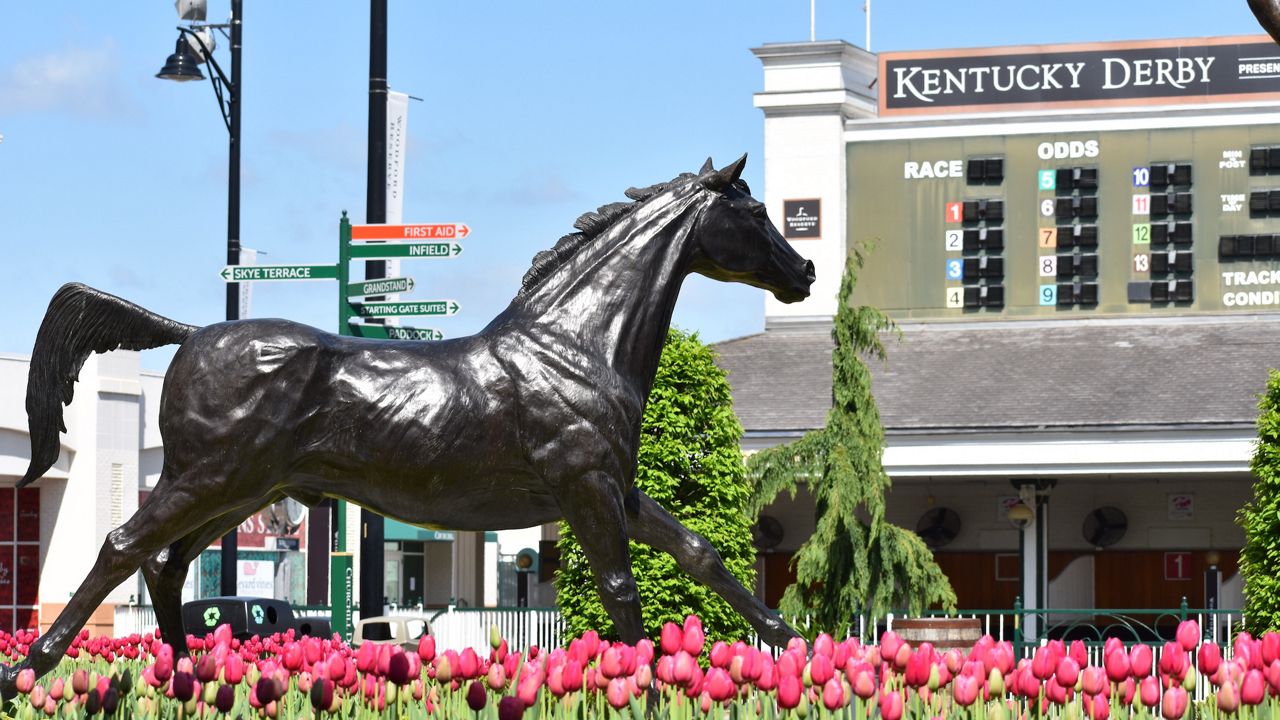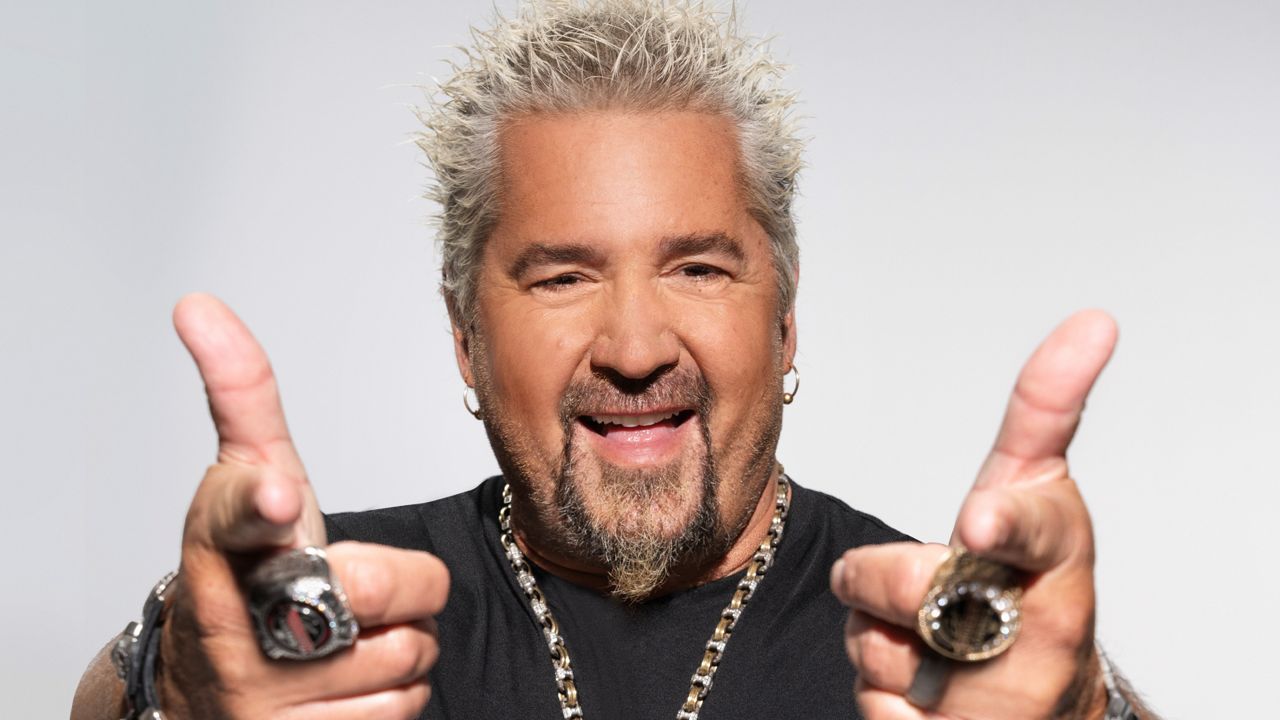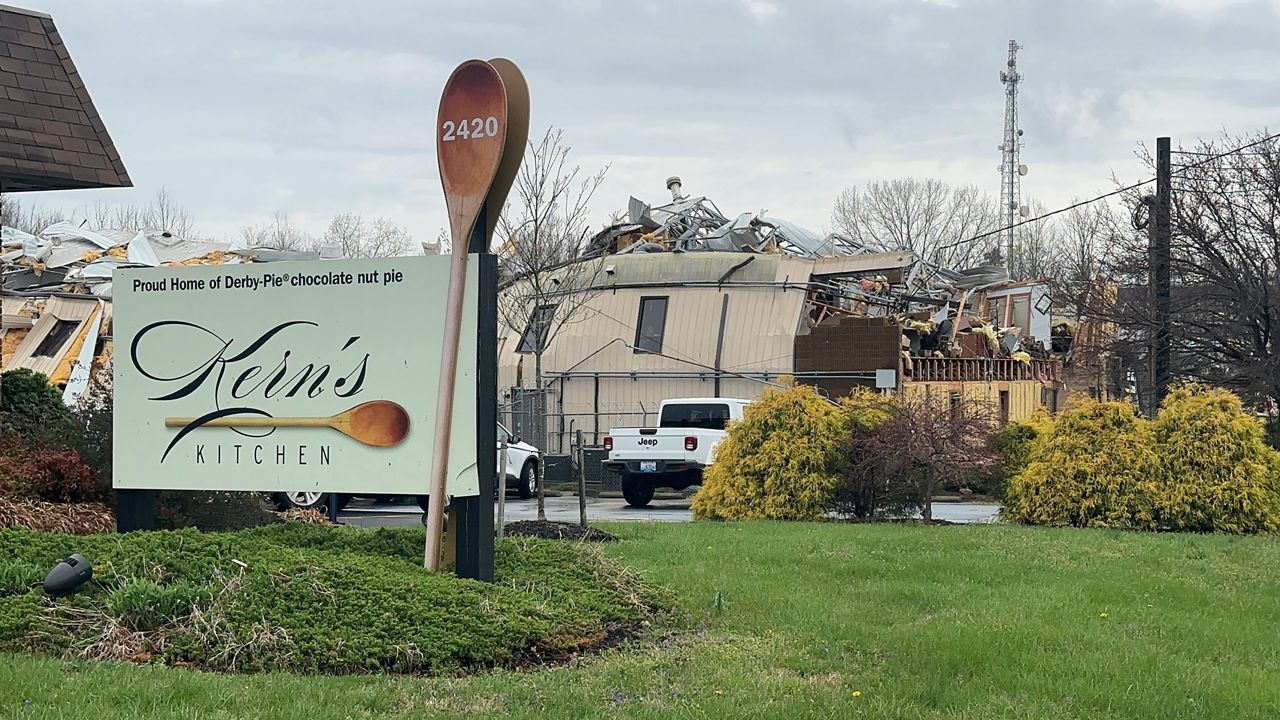LEXINGTON, Ky. — Oliver Lewis, a Black jockey from Fayette County, won the first Kentucky Derby in 1875 atop Aristides, but there is not much else known about him.
Only about 20 years ago, his great-granddaughter became aware of his accomplishment.
It all began about 40 years ago when Ruth Johnson-Watts had an interest in learning about her family’s genealogy.
“I wanted to know the illnesses that ran in the family on both sides,” said Johnson-Watts.
When Lewis’ daughter, Queenie Bibb, passed away in 1966, her home was left to her husband. He died 10 years later and Johnson-Watts got the deed to the house.
“All of the artifacts were left in the house, but I didn’t know what the relation was,” said Johnson-Watts.

Among the artifacts in Bibb’s home was a clock with a horseshoe on it. When Dr. Anne Butler, who was a researcher at Kentucky State University, reached out to Johnson-Watts in 2004, she soon understood the significance of those artifacts.
“She was the one that told me that my great-grandfather was a jockey and had won the first Derby. So that’s how it started, and I said, ‘Now all of this stuff makes sense,’” said Johnson-Watts.
She passed along this new information to her family. Now her son, Rodney Van Johnson, wants to bring Lewis’ story to light.
“The more and more I started finding out about it, the more and more I wanted to get involved,” said Van Johnson. “So I’ve pretty much been taking over the reins from the 40 years ago, to 20, to now to be able to carry on the legacy.”
Van Johnson, along with his mother and her siblings, took a trip to Lexington to visit a few locations, including the historic Keeneland Library and African Cemetery No. 2.
“Now I’m here and I’m actually seeing it, and I’m right here next to my great-great-grandfather’s parent’s grave. I’m probably standing on him, but I’m standing on a lot of history and I’m very, very proud of who I am today,” said Van Johnson at the cemetery.
He has been gathering information on his great-great-grandfather for a couple of projects that he’s working on.
“Every day I learn something new,” said Van Johnson. “I’m learning more information from the Keeneland Library. They’re giving me information, so the objective here is to create a historical documentary based on facts.”
Van Johnson wants to use his platform as an actor to preserve Lewis’ legacy and pass it on to future generations. He is still in the early stages of his documentary and has plans to also create a show that puts a spotlight on the role African Americans had on the horse racing industry.
Correction: A previous version of this article said Dr. Anne Butler was a researcher at the University of Kentucky. She was a researcher at Kentucky State University. This has been corrected. (June 3, 2023)





